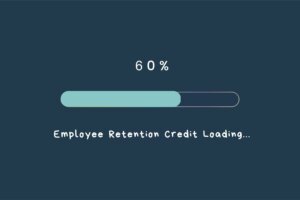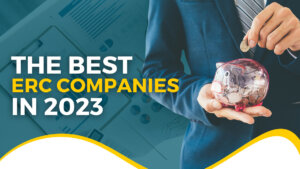You may be an experienced, knowledgeable development professional, and you may know/discover what is it that a (prospective) client needs, but a basic concept of the consulting business is that you can only sell a nonprofit what it wants to buy.
The larger the NPO, (usually) the better they understand the elements of the development process and the more sophisticated their development operation. The corollary relates to the smaller/newer/less sophisticated NPOs; but, for both extremes (and the middle), it’s still what they want to buy.
I’ve been in single practice since ’83, and I found, early on, that I sign up fewer clients when I try to sell them what (I think) they need, than I do when I submit a contract to sell them what they think they need.
A colleague has often talked about the amount of time she spends with prospective clients working to arrive at a meeting of the minds — a point at which she understands where the NPO wants to go and where they need to go, and where the NPO understands what needs to be done to get to where they want to be. And, only then, do they write a contract incorporating all of what they agreed was needed to achieve the agreed upon goals.
I believe that approach is the ideal, but for consultants who find themselves in the valley – the period of reduced income between clients, I would suggest a simpler approach – simpler in appearance, not intent.
After the initial meeting(s) with the prospective client, when you have a pretty good idea of what they want and what they need, you can prepare a contract that has as its “Objective” the attainment of the NPO’s “wants,” but includes in “Methods” (whatever you call that section of your contracts/proposals) those activities (worded appropriately) that will help them satisfy their “needs.”
There should/must be a section of your contract/proposal that describes those activities for which the client organization will be responsible, and that section should also take the above into consideration.
As not everyone can be (fully) educated via the one-on-one (pre-contract discussion) process, we must often rely upon them seeing the light through their involvement in the process we create after our contracts are signed and the relationship proceeds.
I found out a long time ago that I can be more effective using the subtle/indirect method of educating a client, than I can using a more direct (pre-contract) approach.
=-=-=-=-=-=-=-=-=-=-=-=-=-=
Have you heard about
The Fundraising Series of ebooks?
They’re easy to read, to the point, and inexpensive ($1.99-$4.99)
This posting is a sample of what’s in the series.
=-=-=-=-=-=-=-=-=-=-=-=-=-=
Have a comment or a question about starting, evaluating
or expanding your fundraising program?
AskHank
=-=-=-=-=-=-=-=-=-=-=-=-=-=
We’ve been posting these pieces for the last five years,
and we welcome your questions/problems.
They are likely to engender further discussion.
Look forward to hearing from you.
Comments & Questions
=-=-=-=-=-=-=-=-=-=-=-=-=-=
If you’re reading this on-line, and would like to comment/expand on the above piece, or would just like to offer your thoughts on the subject of this posting, we encourage you to “Leave a Reply.” If you’re reading this as an email, and you want to comment on the above piece, email Comments to offer your thoughts. Your comments, with appropriate attribution, could be the basis of a new posting.
 Sections of this topic
Sections of this topic
















